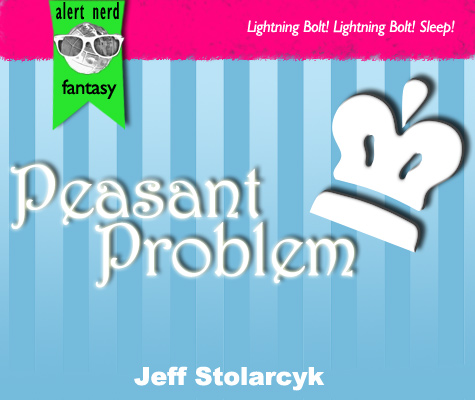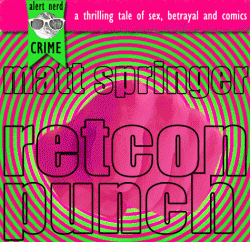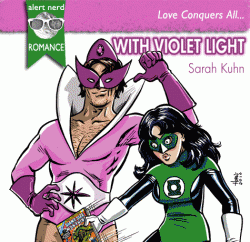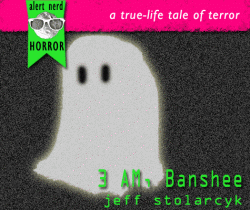If It Looks Easy, It's Really Hard (McCloud's Google Comic)
If It Looks Easy, It's Really Hard (McCloud's Google Comic)
Sep 03I started to read Scott McCloud’s comic for Google yesterday on Google’s new web browser; I stopped because I ran out of time, and the information contained inside of it wasn’t compelling enough for me to want to finish it.
I didn’t stop reading because it was poorly done, but it does seem as though Stuart Immonen didn’t like it much:
As an informational graphic work, it’s pretty weak tea; as a comics work, it fails to exploit at almost every turn the inherent advantages of the medium, avoiding visual/literary juxtaposition, and using a series of limp visual metaphors (A computer bug flyswatter! Wrenches and hammers! Wings of Hermes!) to illustrate easily apprehended non-technical language.
Based on what I read, the comic provided a clean, simple, and easily-understood explanation of some relatively complicated technical concepts, built around the basic conceit that the strip was narrated by a series of real Google Chrome team members talking about their product (which by itself, seems to me a pretty clever idea, given the myriad other directions in which the comic could have gone, and the challenge inherent in capturing likenesses for a “non-fiction” comics work).
It sounds simple, and maybe it seems too simple, especially to an active comics creator who has his head in that mindspace on a regular basis.
Speaking as a comics reader, it reminded me of what little I’ve seen from Preventative Maintenance, the magazine Will Eisner drew for both during and after his time as active military. It was designed to take complicated mechanical concepts and distill them into simple, easily-understood strips that would communicate knowledge directly to servicemen who needed this information to maintain vehicles and in some cases protect lives.
Obviously, Google Chrome isn’t going to protect anyone’s life, unless you print out a page from the browser and silk screen it onto a bulletproof vest. But the ideas behind Google Chrome are complicated, at least to a non-technical audience or even maybe a casually technical audience; for them, I think McCloud’s strip was probably a success.
For those readers who easily understand such technical concepts, it may have acted as a more entertaining and diverting method of presenting the ideas than just a straight-up news article, press release, or blog post.
Either way, I think McCloud delivered on what the job required–clarity, simple images, cleverness and humor where possible, and communicating complicated ideas in a direct way. In other words, the kind of thing that looks easy, but is probably very difficult to execute. And in fact, had McCloud pulled out every single tool in his cartoonist’s arsenal and employed them with the mighty skills he is known to possess, it may have made the concepts harder to understand, not easier to grasp. In effect, a more “comics” comic would have made for a less effective execution of the project’s goals.
I also have to take issue with the conclusion Immonen draws from the comic:
I’m as happy as anyone to see comics appearing in the mainstream with increasing frequency, but there has to come a point where we stop congratulating ourselves on getting a foot in the door, and concentrate rather on making sure it’s the best foot being put forward.
True enough, but I don’t think it applies here. Instead, I see the Google Chrome comic as illustrating a high level of acceptance for comics as not just a storytelling medium, but a supreme method of conveying ideas–in that sense, a true affirmation of the value in comics, rather than demonstrating any kind of “hey, comics!” novelty or “hey, foot in the door!” dumbing down.
In other words, this isn’t “art,” per se–it’s communication. Maybe a form of marketing, in that it’s a commissioned job from a large corporation to pass along messages to an audience. Yet it’s no less effective or skillfully done because its goals are different from a comic designed to deliver a narrative, reveal character, or convey feeling.
Wow, that came out all serious and shit. Here’s another classic Yakety Sax mash-up, just to cleanse your palate.










